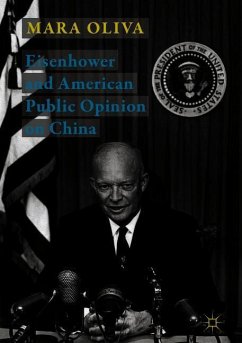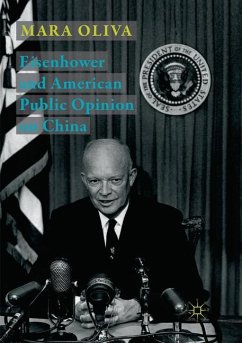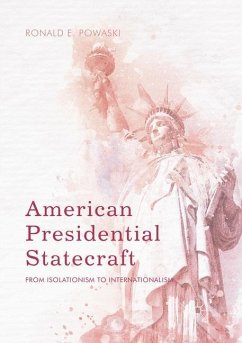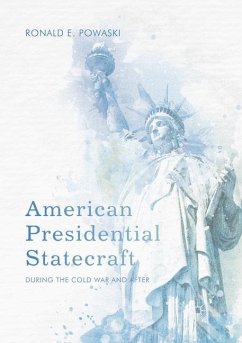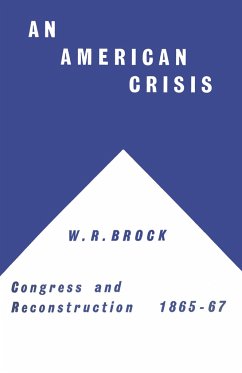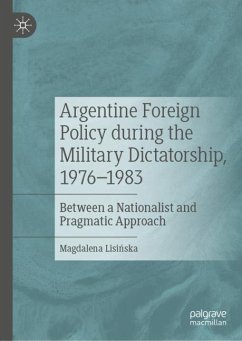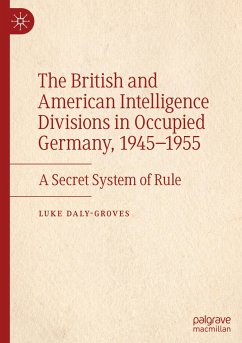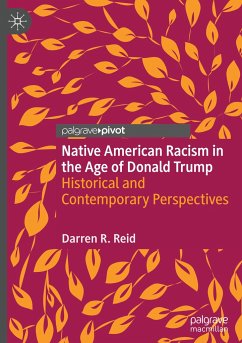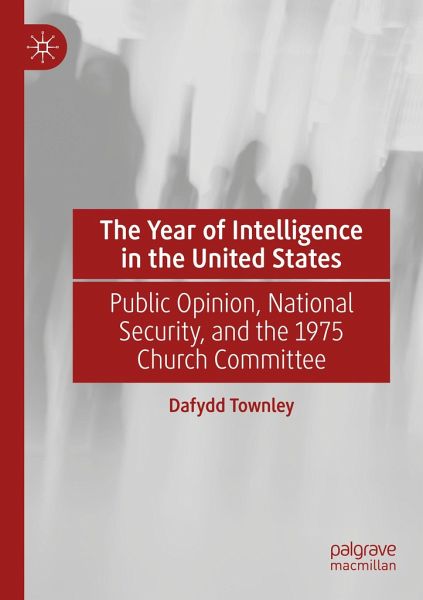
The Year of Intelligence in the United States
Public Opinion, National Security, and the 1975 Church Committee
Versandkostenfrei!
Versandfertig in 6-10 Tagen
117,69 €
inkl. MwSt.
Weitere Ausgaben:

PAYBACK Punkte
0 °P sammeln!
This book will offer a unique approach to the Year of Intelligence, the sixteen-month period between January 1975 and April 1976 that saw the innermost secrets of various US intelligence agencies laid bare before the world. After allegations of intelligence abuses were made in the press, Congress investigated and revealed numerous cases of unwarranted and unconstitutional activity conducted by a number of intelligence agencies. Chief among the investigations was the Senate enquiry, popularly known as the Church Committee after its chairman, Senator Frank Church of Idaho. This study's objective...
This book will offer a unique approach to the Year of Intelligence, the sixteen-month period between January 1975 and April 1976 that saw the innermost secrets of various US intelligence agencies laid bare before the world. After allegations of intelligence abuses were made in the press, Congress investigated and revealed numerous cases of unwarranted and unconstitutional activity conducted by a number of intelligence agencies. Chief among the investigations was the Senate enquiry, popularly known as the Church Committee after its chairman, Senator Frank Church of Idaho. This study's objective is to examine the relationship between national security policy and public opinion using extensive archival evidence, including previously unidentified indicators of public opinion. This monograph makes an important contribution to the historiography of the Church Committee, of public opinion, and of national security policy. The research contributes to the debate on the effectiveness of the Church Committee by challenging the conclusions within the established historiography of the limited impact of the committee's quest for reform. Furthermore, it widens the very limited scholarship that engages with public opinion's effect on national security policy. And the project also indicates to policymakers the lessons that can be learnt from the case study, principally, that public opinion is a vital ingredient in the decision making process of successful national security policy.






